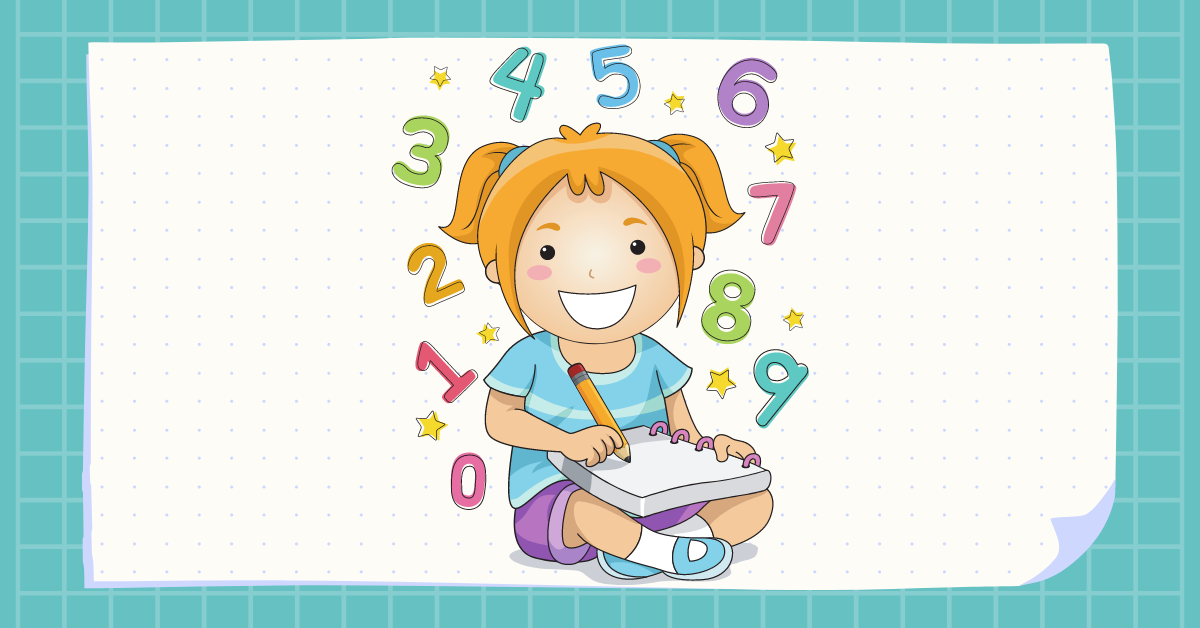The Comeback Nobody Saw Coming
For years, people rolled their eyes at liberal arts majors. “What are you going to do with a degree in history? Open a museum?” Or the classic: “Philosophy won’t pay the bills.” The narrative was simple — STEM was king, business was queen, and liberal arts were the forgotten cousins at the education dinner table. But here’s the twist: those cousins are starting to get invited back. Quietly, steadily, liberal arts degrees are making a comeback.
What Changed?
The job market isn’t just about coding or crunching numbers anymore. Employers are waking up to the fact that critical thinking, communication, and adaptability are the skills that help people thrive in a messy, unpredictable world. And liberal arts? That’s their entire brand.
- History majors bring context to global problems.
- Philosophy grads dissect arguments like surgeons with scalpels.
- English and literature students can tell a story that sells.
In an era of AI and automation, human skills — creativity, ethics, judgment — suddenly feel priceless.
A Real-Life Example
Take Maya, an English graduate who everyone told to “just do journalism.” Instead, she paired her degree with a short course in digital marketing. Today, she’s leading brand strategy for a startup because she can do what the engineers can’t: connect the product to human stories.
Why the “Quiet” Comeback?
It’s not making headlines because students aren’t flooding back into classrooms with Shakespeare on their syllabus. Instead, liberal arts are creeping back through:
- Interdisciplinary programs: Engineering with a philosophy minor. Computer science with sociology.
- Corporate training: Big companies now run workshops on storytelling, ethics, and communication.
- Graduate opportunities: Law, public policy, and management programs still love liberal arts undergrads.
Actionable Takeaways
- Students: Don’t write off liberal arts. Pair them with technical or practical skills, and you’ve got a powerful mix.
- Educators: Highlight how these degrees build transferable skills, not just subject knowledge.
- Employers: Stop asking only for coders; start valuing thinkers and storytellers.
Conclusion
Liberal arts degrees aren’t storming the stage with a rock-band comeback. They’re slipping back into relevance through the side door, proving that in a world obsessed with tech, human insight is the rarest resource. The lesson? The future belongs to the hybrid thinker who can code and question, calculate and communicate.









Be the first one to comment on this story.